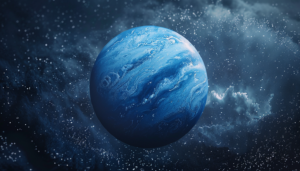
5 Incredible Planet Neptune Facts
Neptune, the eighth planet from the Sun, is known for its intense blue color, supersonic winds, and dynamic weather patterns, including disappearing storms such as the Great Dark Spot.
Amazing facts, people and stories from around the world to amaze and inspire you.

Neptune, the eighth planet from the Sun, is known for its intense blue color, supersonic winds, and dynamic weather patterns, including disappearing storms such as the Great Dark Spot.
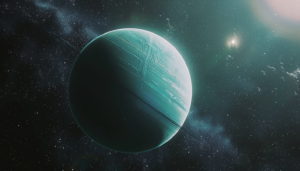
Uranus, known for its unique axial tilt of about 98 degrees, appears to roll on its orbit around the Sun and has the coldest atmospheric temperatures of any planet in our solar system.
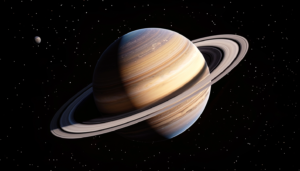
Saturn, known for its stunning system of icy rings, is the sixth planet from the Sun and features a complex atmosphere with high-speed winds and peculiar phenomena like the hexagonal storm at its north pole.
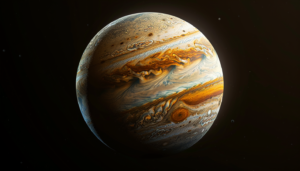
Jupiter, the largest planet in our solar system, is renowned for its immense size, powerful magnetic field, and striking features such as the Great Red Spot, a gigantic storm that has been raging for centuries.
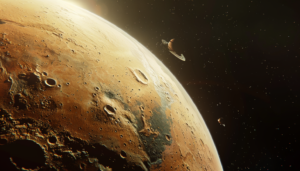
Planet Mars, often referred to as the “Red Planet” due to its distinctive rusty color caused by iron oxide, is the fourth planet from the Sun and a key focus of modern space exploration due to its potential for past life and human colonization.
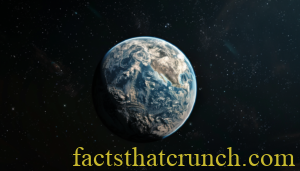
Planet Earth, a unique and vibrant celestial body, is the only known planet in the universe to support life, with a complex system of ecosystems and a dynamic environment shaped by its atmosphere, oceans, and geological activity.
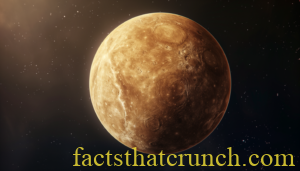
Venus, often described as Earth’s ‘sister planet’ due to its similar size and composition, is enshrouded in thick, toxic clouds of sulfuric acid and experiences surface temperatures hot enough to melt lead, making it an extreme and inhospitable world.
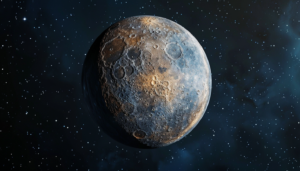
Mercury, the closest planet to the Sun, is a fascinating world of extreme temperatures and a surface marked by craters and vast, smooth plains, revealing a rich and dynamic past.